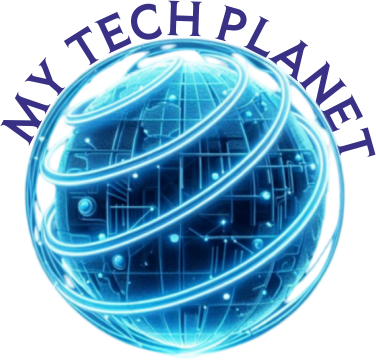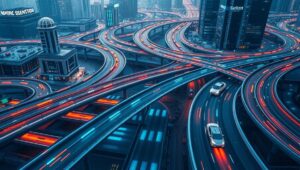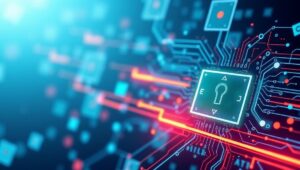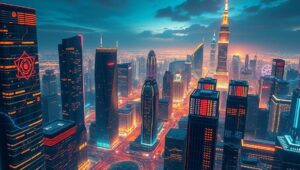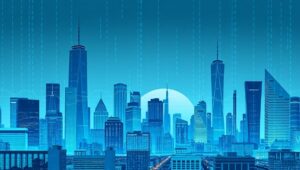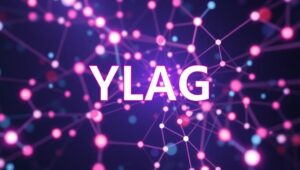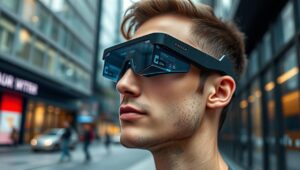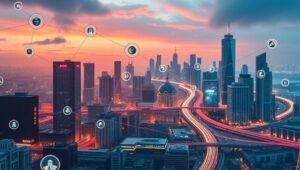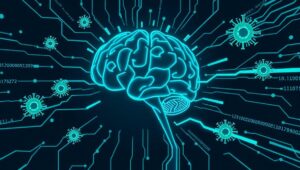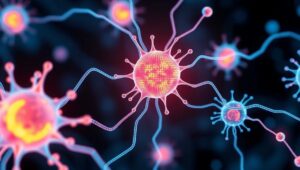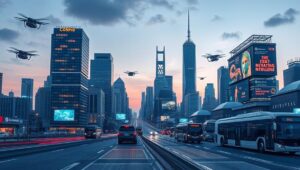May 18, 2025
Intelligent Transportation Systems with IoT: Reducing Congestion (2026)
Intelligent Transportation Systems with IoT: Reducing Congestion (2026) Traffic congestion remains a significant challenge in urban areas worldwide, leading to lost productivity, increased fuel consumption, and environmental pollution. Intelligent Transportation Systems (ITS), enhanced by the Internet of Things (IoT), offer promising solutions to mitigate these problems. This article explores how ITS with IoT is evolving to reduce congestion and improve traffic flow in 2026. Understanding Intelligent Transportation Systems (ITS) ITS refers to the application of advanced technologies to manage and improve transportation systems. These systems integrate various components, including sensors, communication networks, data analytics, and control systems, to optimize traffic
